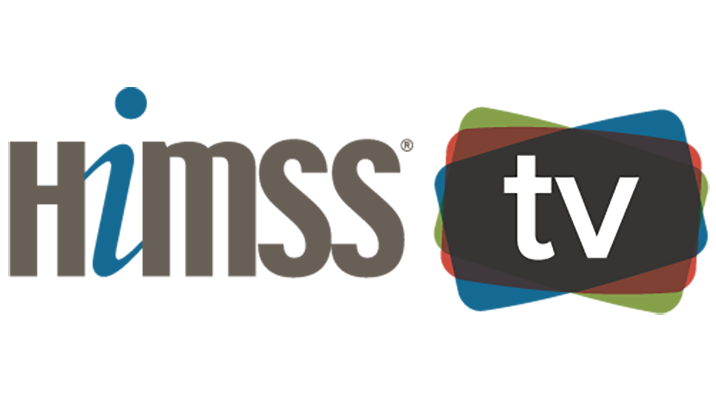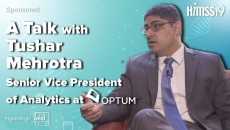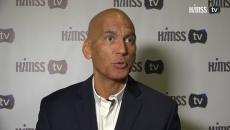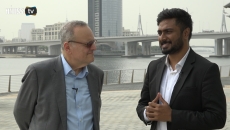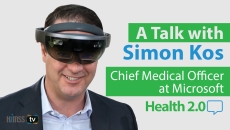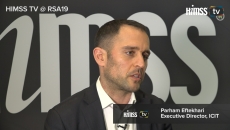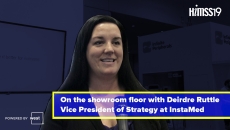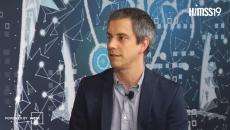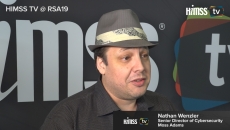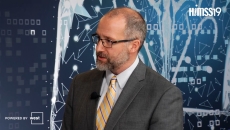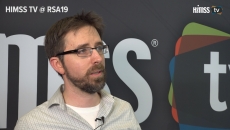HIMSS TV
Healthcare is at a turning point when it comes to using data analytics; AI is no longer just a "nice to have" competency, says Tushar Mehrotra, senior vice president of analytics at Optum.
Brian de Francesca, CEO of Ver2 Digital Medicine, discusses efforts to provide medical care to refugees in camps using a cloud-based electronic health record built on blockchain.
Rohit Ghosh, an AI scientist and founding member of Qure.ai, discusses how AI and deep learning are improving healthcare, giving an example of how they are advancing radiology.
Microsoft Chief Medical Officer Simon Kos says health systems are still stuck in the 20th century so the software giant is focusing its efforts on AI, population health, public cloud, precision medicine, virtual services and more.
Parham Eftekhari, executive director of the Institute for Critical Infrastructure Technology, says hospitals have to demand more secure products so manufacturers wake up to realize prospective clients are buying based on security.
Patients need a better experience when paying medical bills, says Deirdre Ruttle, vice president of strategy at InstaMed.
Hospitals are deploying the tools in patient rooms for such tasks as turning on the TV or closing shades so clinicians can focus on patient care, says Brian Eastwood, content strategist at ReviveHealth and a HIMSS19 social media ambassador.
Nathan Wenzler, senior director of cybersecurity at Moss Adams, says the idea that AI needs no management simply isn’t true; instead, smart people are needed to make decisions about the data and findings.
Telehealth technology now enables virtual visits with entire care teams, which isn’t possible when clinicians use phones, says David McSwain, interim CMIO at Medical University of South Carolina.
Andrew Pendergast, VP of product at ThreatConnect, explains the value of external threat intelligence and why he is skeptical about AI but not machine learning.
